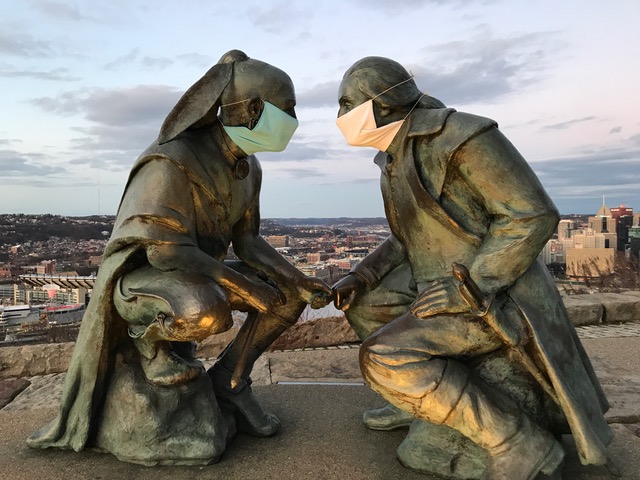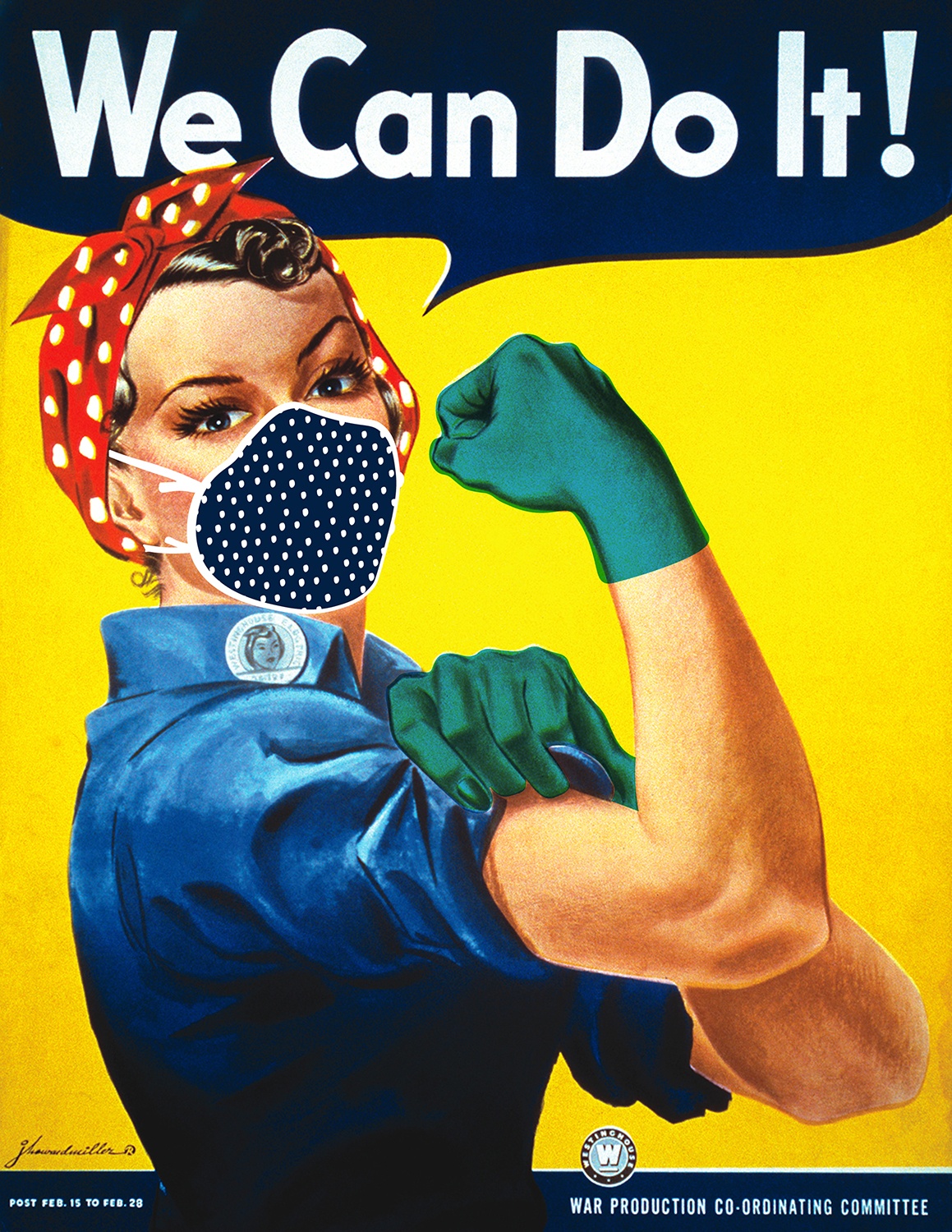
When George Washington was a boy, he copied into his notebook over one hundred Rules of Civility & Decent Behavior in Company and Conversation. Most of these rules he copied or adapted from well-known publications. But they became his own rules of conduct for as long as he lived.
A surprising number of Washington’s Rules of Civility dealt with social distancing. George was aloof by nature, and even his fellow members of the Continental Congress kept their distance. None would deign at a public house to slap him on the back and offer to buy him a drink.
Remember that he lived in an age of pandemics—disease took the lives of indigenous peoples by the millions and American colonists by the hundreds of thousands. Average life expectancy in his father’s Virginia was only 25 years and had not improved much by the end of the American Revolution, by which time the average age of death was 35. George himself had a strong constitution, though at the time he recorded his Rules of Civility, he had nearly died from a case of Small Pox that scarred his left cheek and made him a believer in inoculation to prevent the spread of such contagions.
So, it only makes sense that he would observe the following dictums…
–Every action done in company ought to be with some sign of respect to those that are present.
–When in company, put not your hands to any part of the body not usually discovered.
–If you cough, sneeze, sigh, or yawn, do it not loud but privately, and speak not in your yawning, but put your handkerchief or hand before your face and turn aside.
–Spit not into the fire, nor stoop low before it; neither put your hands into the flames to warm them, nor set your feet upon the fire, especially if there be meat before it.
–Shake not the head, feet, or legs; roll not the eyes; lift not one eyebrow higher than the other, wry not the mouth, and bedew no man’s face with your spittle by approaching too near him when you speak.
–Kill no vermin, or fleas, lice, ticks, etc. in the sight of others; if you see any filth or thick spittle put your foot dexterously upon it; if it be upon the clothes of your companions, put it off privately, and if it be upon your own clothes, return thanks to him who puts it off.
–In speaking to men of quality do not lean nor look them full in the face, nor approach too near them—at least keep a full pace from them.
–In visiting the sick, do not presently play the physician if you be not knowing therein.

In times of stress—war, great fires and floods, financial panics, and pandemics—civility is often the first casualty. For most of us, our survival instincts kick in and protecting family and home becomes the unquestioned priority. Fear of the unknown is the hardest to handle. An invisible enemy is the most terrifying.
Long ago, during a cholera epidemic that nearly wiped out his tribe, a bold warrior armed himself and mounted his warhorse shouting to the wind, “if I could see this thing, if I knew where it was, I would go there and kill it,” before he too succumbed to the dreaded disease. Many of us feel that way about the unseen coronavirus that now has us quarantined in our homes.
In times of crisis, tempers flare and runs on essential supplies inevitably result. Toilet paper has become a symbol of pandemic spawned shortages and hoarding. In George Washington’s time, toilet paper had not yet been invented (sponges, rags and newsprint sufficed for the rich while the poorer classes relied on corn husks or cobs and, more often than not, their left hands). For good reason, George himself was no shaker of hands, preferring a graceful bow from the waist as a respectful greeting.
During the 1918 “Spanish” Influenza pandemic, Pittsburghers at first thought they had dodged the disease that devastated Philadelphia and other cities. Yes, there were fights on street cars when people tried to board without protective masks, and the closure of sporting events, liquor stores, schools, and churches had everyone on edge. The infection and death rates seemed to be manageable, but when Halloween rolled around parents gave in to housebound children pleading to go trick-or-treating. The Influenza cases in Allegheny County skyrocketed the next week. By the time the pandemic subsided and the temporary hospitals folded their tents, Pittsburgh reported the highest per capita death rates in the nation.
The COVID-19 pandemic is not unprecedented. Pandemics are part of our lot in life. What may be precedent setting is how we choose as a nation and a region to deal with it. So far, it appears that our state, county, and city elected officials have learned from historic failures and have taken action to isolate and quarantine entire communities. It has been tough on everyone, and the extent of the economic repercussions is as yet unknown. But we are learning to employ common sense social distancing and even pioneering new remote work strategies that may influence our society for generations to come.
Let us, as a community, now do the right thing and not jump the gun. We may have to restart our work and economy in relays rather than a mad dash when the all-clear sounds. It is going to be hard, but if we hang in there a little longer, we can do it!
When the going gets tough, know that we are all in this together and remember George Washington’s final rule of civility: Labor to keep alive in your breast that little spark of celestial fire called conscience.
Andrew E. Masich, PhD, is the President and CEO of the Senator John Heinz History Center.